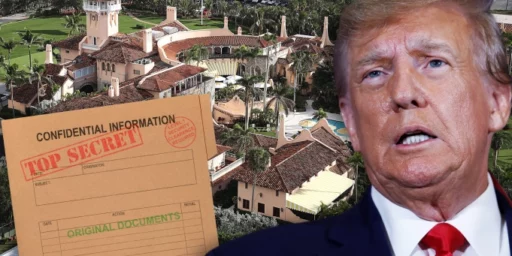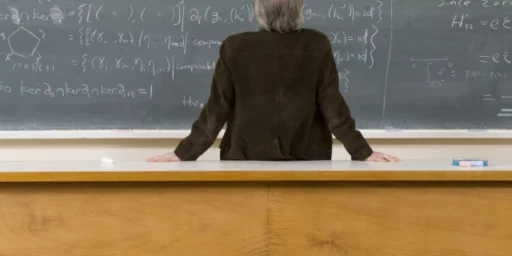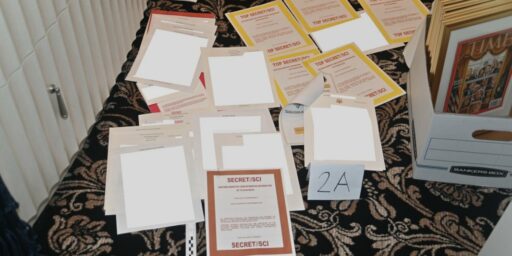Historians as Public Intellectuals
Zenpundit‘s Mark Safranski has an interesting take on “The Virtues and Vices of Historians as Public Intellectuals.”
The chief virtue: “Historians have a great deal to offer as analysts because of their command of informational context and practiced experience evaluating the credibility of new evidence within their disciplinary subfields.”
The chief vice: A “preference for the authority of the written word which means we tend to focus on an evidentiary trail that is a) far more incomplete than we tend to realize and b) less reliable than we would like to imagine. Of the records we use, we give greater weight to official documents than did the bureaucrats, statesmen and various officials who wrote them at the time with different motivations, not least of which could be to say as little as possible or to advance the career of the author.”
Political scientists, and perhaps most other scholars, have similar strengths and weaknesses. Blogging compounds this deficit by over-emphasis on information readily available online.






Isn’t that a bit like saying that if you study art history long enough, you’ll be a good painter?
How so?
Historians are, at the graduate level at least, trained to evaluate information and to put things in a larger context.
Yes, but just like art historians, that doesn’t necessarily mean they actually understand how to create something new. My computer can evaluate information and put things into a larger context, while at the same time creating a perfect duplicate of the Mona Lisa, but it still doesn’t know how to create anything new.
Hi James,
Thank you very much for the link, much appreciated!
Hi Michael,
You wrote:
“Yes, but just like art historians, that doesn’t necessarily mean they actually understand how to create something new”
Historians who unearth new, previously unknown information from primary sources and integrate it into the current understanding of their field have created something new. Actually, that’s a prerequisite for gaining a PhD.
In terms of reinterpreting old material, something that historians of classical antiquity are forced to spend much of their time doing ( most ancient sources are lost, rediscoveries are very rare) judging something as ” new” would depend at the quality of their synthesis, should they attempt one.